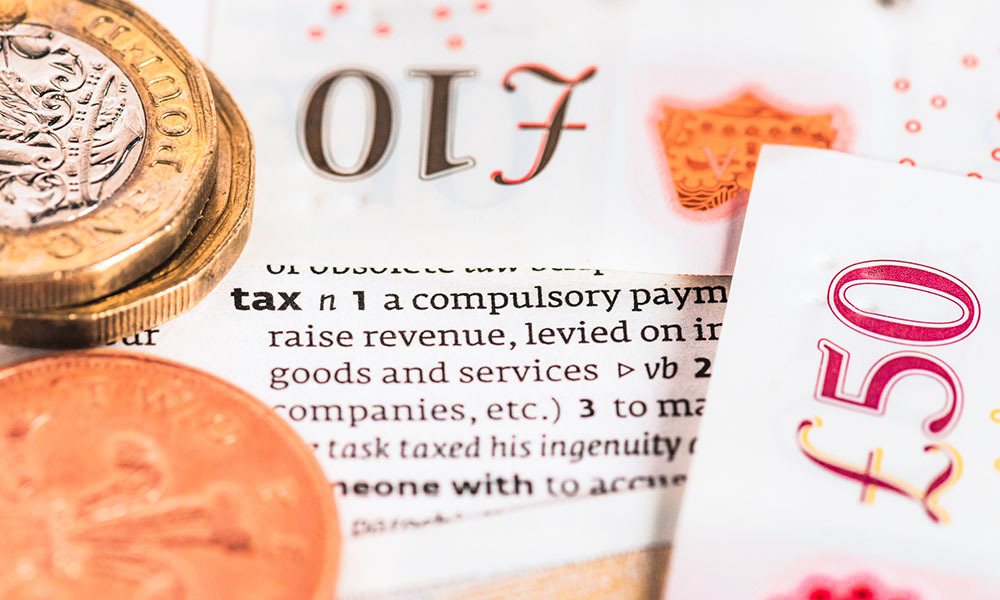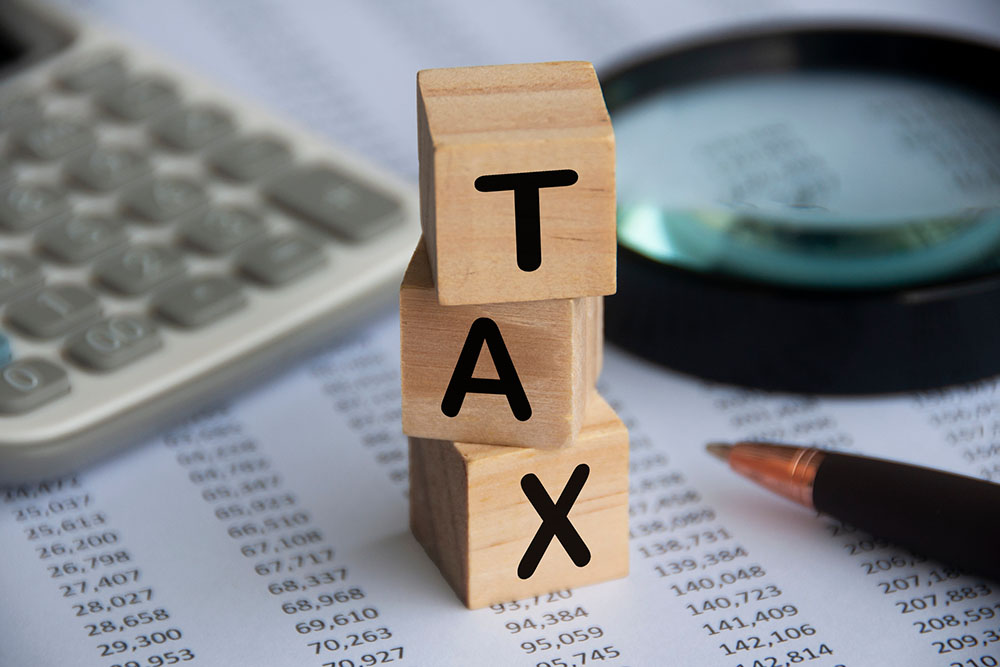How Inflation Can Erode A Pension Plan
Why do things get more expensive over time, and what impact can this have on your savings plan for retirement?
Inflation refers to the gradual increase in prices for services and goods, within a particular economy (e.g. the UK economy). In simple terms, if inflation in the UK continues to increase over the next ten years, then one pound will buy fewer things in ten years compared to today.
Naturally, this can have a big impact on your short term spending plans. Assuming your wage does not increase over the aforementioned ten years, at least in line with inflation, for instance, then your food shop bill is likely to be more expensive as the years go by.
In the longer term, however, inflation can also have a big personal impact. After all, if inflation can erode your spending power in as little as five or ten years, then what happens to your savings over thirty or forty years (as you save for retirement)?
To put this in perspective, consider that in 1970 you could buy around 10 loaves of bread for just £1. Ten years later in 1980, £1 would probably stretch to just 3 loaves. By 2010, £1 likely gave you just 1 loaf of bread.
In light of this, it’s important that you factor inflation into your savings plan for retirement. Whatever you set aside for your retirement should have a realistic chance of at least holding its value as inflation rises over time. Ideally, your savings should even aim to beat inflation.
More money, less power
One of the confusing things about inflation is that, on the surface, its negative effects can appear “hidden” to many people.
Suppose you have a savings account with a 2% rate of interest (which would be a fairly good rate in 2019!). If you put £1 into the account around this time last year, then you should expect that £1 to have now grown by 2% to £1.02.
At face value, this looks like you are better-off. Indeed, suppose you scale this up to £10,000 of savings 2% growth would represent £200 more in your bank account.
However, if inflation has risen by 3% in that same period of time, then the money you have saved (even though you technically have more of it) does not stretch as far as it would have, this time last year. Inflation (3%) has beaten the interest rate on your savings account (2%) by 1%.
This might not matter so much when you are saving for the short term and might need quick access to your money within, say, the next 5 years. However, if you are looking to build a retirement “nest egg” which holds its value over the course of your career, then you’ll likely need a savings and investment strategy which preserves and grows your wealth over time.
Investing & Inflation
Grasping the dynamics of inflation is an important step to understanding the importance of investing, within an overall retirement plan.
After all, if inflation is projected to be somewhere around 2% for the foreseeable future, then you need the money you are putting away for retirement to be growing by at least that number each year. One of the best ways to do this is by investing your money through a pension, rather than simply putting this money into a typical savings account.
Speaking with an independent financial adviser (such as one of ours here in Grantham or the wider Lincolnshire area) can be helpful here. Putting an investment strategy together can be complex and intimidating if you have not thought about this before, and even for savvy investors, it is easy to make costly mistakes without an experienced set of hands to help you.
With this aside, consider how including investing in “equities” can help your retirement plan beat inflation. For instance, between 1926 and 2010, the S&P 500 Index achieved an average 9.9% return each year for investors. Over the same period, US government bonds averaged 5.5%.
Those kinds of figures are much better than the kinds of interest sums you might expect to gain on regular savings accounts in 2019. However, it is important to highlight that investing does involve risk and that past results are not a guarantee of future returns. For instance, it is possible that you might invest and eventually get back less than you originally put in.
Again, this is another area where an independent financial adviser (IFA) can help. A qualified professional such as this can help you pick a range of different investments and asset classes, helping you “spread out” your investment risk so that your losses are minimised in the event that one or more of them underperform.
Final thoughts
The causes of inflation vary and are complex. Yet the effects of inflation can be significant when it comes to planning for your long-term future. Indeed, many people are, unfortunately, saving their money without fully realising that their spending power is gradually dwindling.
By speaking with a financial adviser or planner, you can help ensure that your wealth not only preserves against inflation – but also grows in value, allowing you to enjoy a better, more comfortable retirement.
If you’d like to speak to a member of our team here at Castlegate about financial planning for your long-term future, then we’d love to hear from you. We invite you to get in touch today to arrange a no-commitment consultation with one of our financial planners, at our expense.
Contact us today on 01476 591022 or via info@casfin.co.uk.












